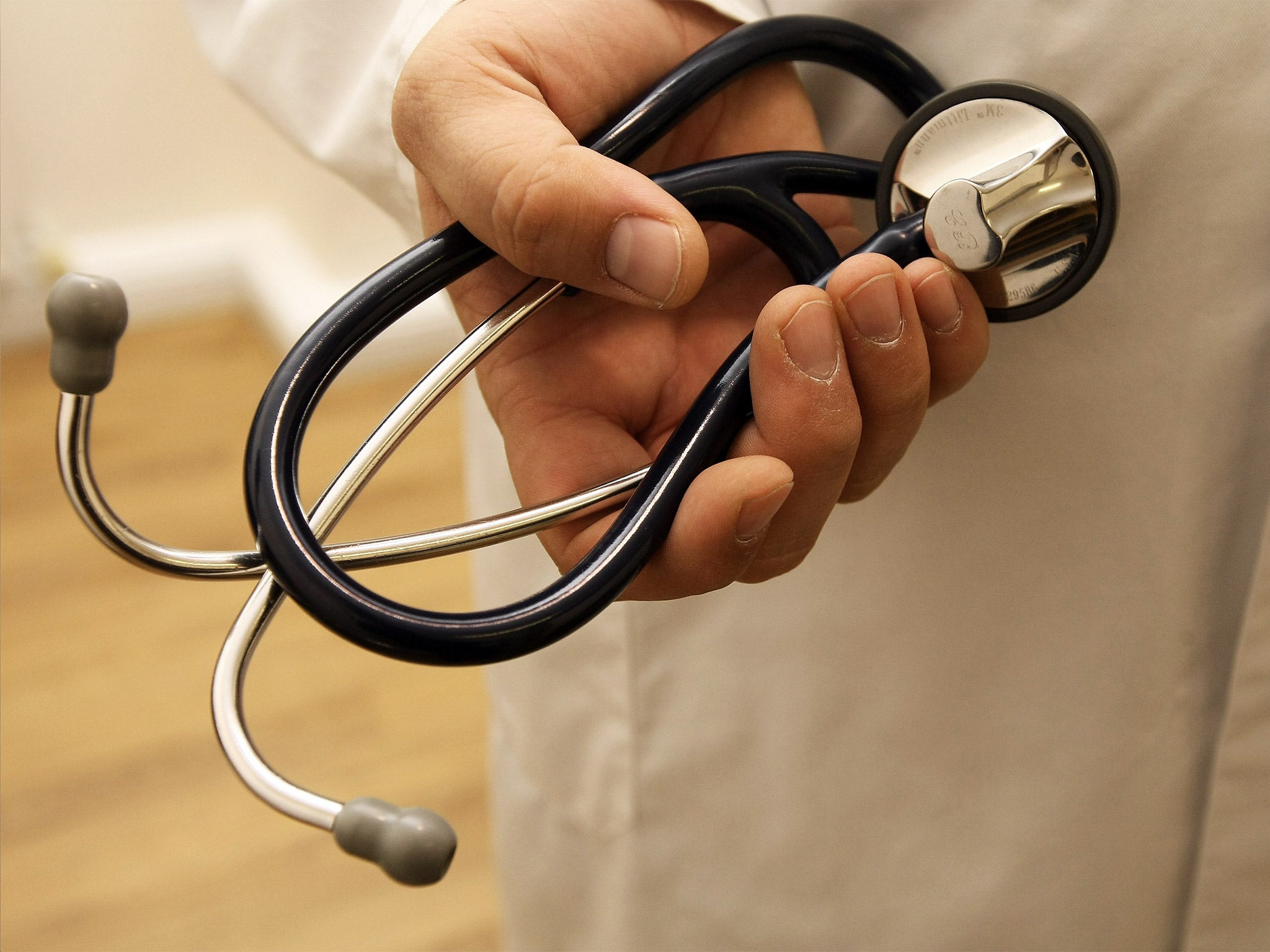Eating disorder sufferers aren't always young and painfully thin — and they don't choose to be ill
I have suffered for nine years, and at a very low point in my illness was told by a GP that I just needed to "eat a baked potato"


I was taught early on by a friend and mentor that I shouldn’t give too much of myself away in my writing, but when it comes to writing about eating disorders I need to be willing to share. I have suffered, with varying degrees of severity, from an eating disorder for nine years. Four of those years were spent in and out of treatment programs. My family was devastated by the impact of the illness and I lost the majority of my friends. I missed out on a first class degree. I have the brittle bones of a woman in her 70s, muscle wastage in my arms and legs, and a funny heartbeat.
You do not choose to have an eating disorder. They are not about seeking attention from others. They can affect women of all ages, social classes, races and body types. They also affect men. Eating disorders destroy relationships, tear families apart, and have profound physiological effects. They can completely change your personality, and increase vulnerability to other mental health problems like depression and anxiety.
According to a conservative estimate by the charity Beat, 1.6 million people in the UK currently suffer from an eating disorder. It’s difficult to collect accurate statistics on EDs because so many people fly under the medical radar with their condition.
Local services for eating disorders are largely inadequate and under-funded. It’s normal to wait six months for an initial assessment appointment. When I was in my first year of university and at a very low point in my illness, I was told by a well-meaning GP that I just needed to "eat a baked potato" and "pull myself together". Truly sensible advice for someone at five and a half stone, with their hair falling out in handfuls and their extremities blue with cold, even in the summer.
This GP was convinced that I wasn’t ill enough for proper treatment, allowing me to leave the surgery and get much sicker. Too few GPs know how to spot the signs of an eating disorder, and the limited number of places in NHS clinics means that sufferers must exhibit serious outward signs of a disorder before they are taken seriously and given a referral.
The longer you have an eating disorder, the more difficult it is to recover. If the NHS is serious about tackling eating disorders, it needs to expand the scope of care and start educating GPs so they can catch the symptoms of an eating disorder early on. If you are treated early, there’s a better chance that your body will escape long-term physical damage.
The misinformation and confusion that surrounds eating disorders for many people is extremely dangerous. The media likes to present ED sufferers as young, pale and eye-wateringly thin women, when this image is not relevant for many grappling with disordered eating. In the cases of binge eating disorder, bulimia and emotional eating disorder, a thin body type isn’t a prerequisite. Bulimia is extremely dangerous and can lead to an electrolyte imbalance that may cause cardiac arrhythmia, cardiac arrest and death. Despite this, bulimia has a huge social stigma still attached to it, and sufferers are often viewed as ‘greedy’ and ‘lacking in self-control’. Due to shame and the belief that sufferers are not thin enough to warrant medical intervention, bulimia often goes untreated.
We need to stand, shoulder-to-shoulder, against eating disorders and their destructive effects. This means that if you’re worried that someone you love is suffering, learn how to spot the signs, talk to them, and encourage them to see a health professional. If you find that food and weight preoccupy you to the extent that you can focus on little else, that you restrict or binge or purge or abuse laxatives or compulsively exercise, you should feel no shame in reaching out for help.
Recovery is really, really tough and you’ll make a lot of missteps, but it’s one of the most worthwhile things you’ll ever do because it allows you to get your life back. Take it from someone who knows.

Join our commenting forum
Join thought-provoking conversations, follow other Independent readers and see their replies